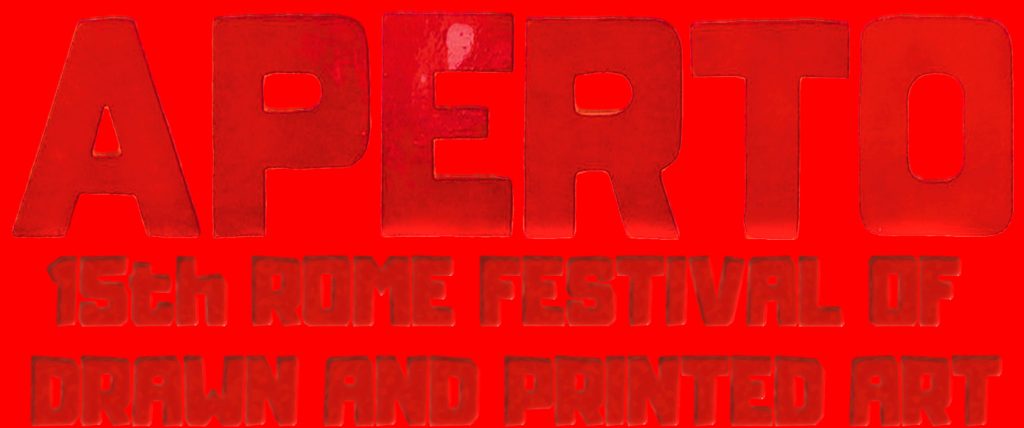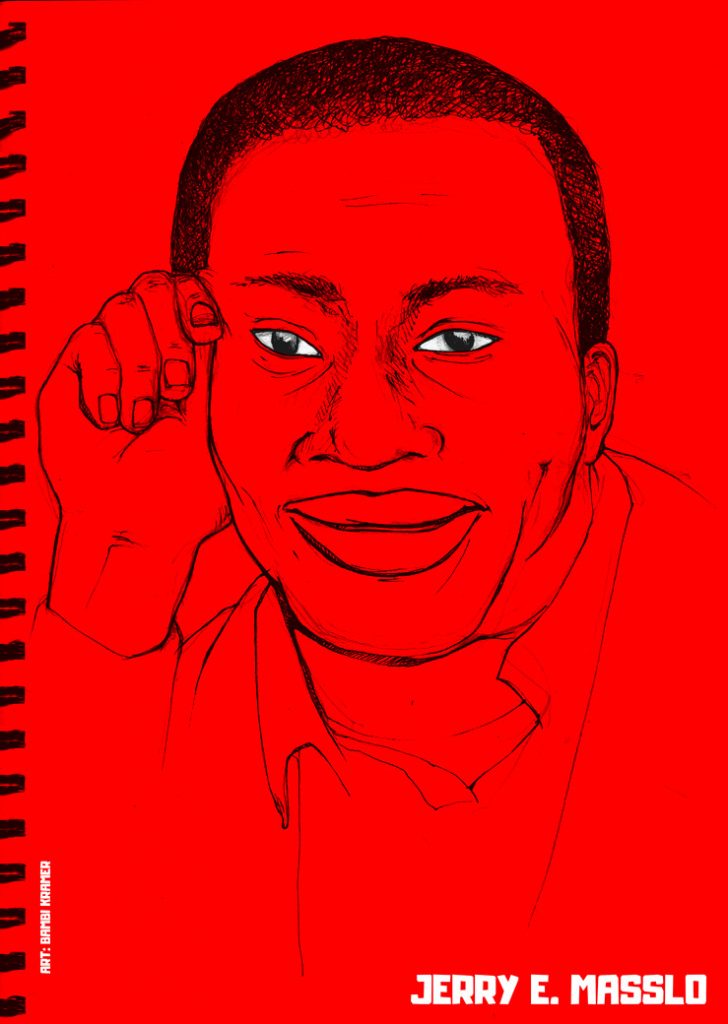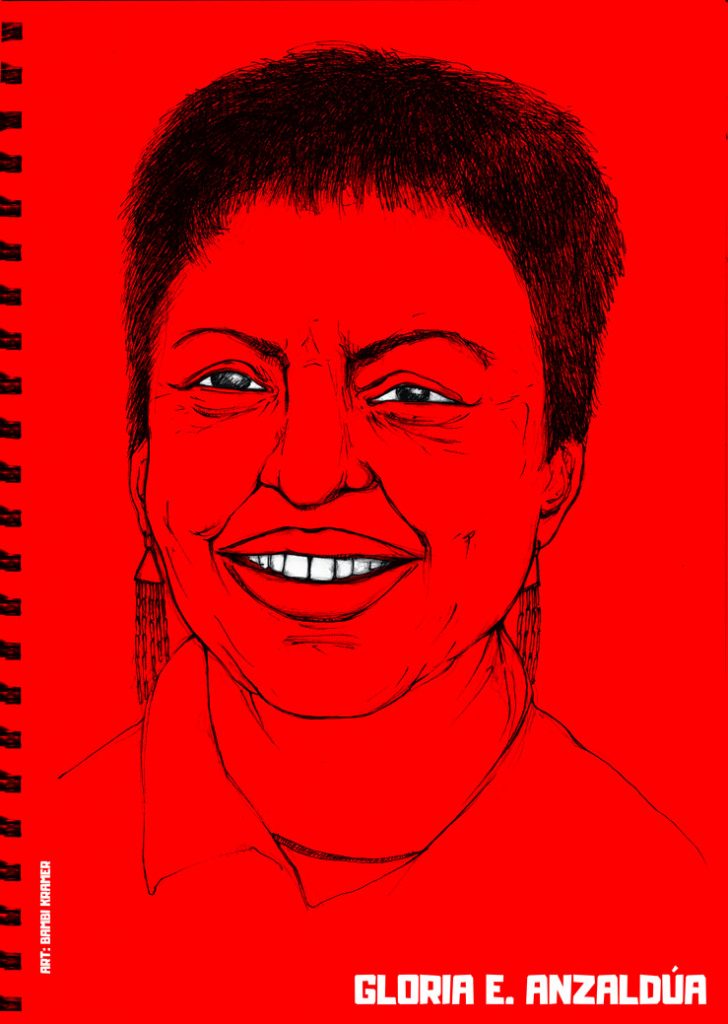EDITO

[ITA]
“Sono fuggito dalla mia terra, il Sudafrica, perché la persecuzione razziale ha distrutto la mia famiglia, dilaniato i miei affetti, sconvolto la mia esistenza. Pensavo di trovare in Italia uno spazio di vita, una ventata di civiltà, un’accoglienza che mi permettesse di vivere in pace e di coltivare il sogno di un domani senza barbarie e pregiudizi. E invece sono deluso.
Questo è un Paese in cui avere la pelle scura è un limite alla convivenza civile. Il razzismo è anche qui: è frutto di prepotenze, di soprusi, di violenze quotidiane contro chi non chiede altro che solidarietà e rispetto. Noi immigrati del Terzo mondo stiamo contribuendo allo sviluppo del vostro Paese, ma sembra che ciò non abbia peso. Prima o poi qualcuno di noi verrà ammazzato e allora si accorgeranno che esistiamo.
I bianchi ti sfruttano, non ti danno l’acqua per lavarti e ti trattano da sporco negro. Nelle campagne si respira un’aria molto pesante. I padroni sono diventati arroganti, violenti e crudeli. Tirano fuori il fucile per nulla. Nei paesi siamo vittime di aggressioni, rapine, episodi di intolleranza. La polizia non ci protegge, anzi guarda ai negri con sospetto”.

1989, parole di Jerry Masslo, 30 anni. Raccolte in video pochi giorni prima che venisse ucciso a Villa Literno in un assalto di quattro ragazzi incappucciati, piombati nel dormitorio dei lavoratori stagionali per derubarli del mensile appena preso. Masslo era uno studente ribelle contro l’apartheid: costretto a riparare in Italia dopo aver messo in salvo quel che restava della sua famiglia arriva a Fiumicino con un aereo di linea, e chiede asilo. Ma resta sospeso in un limbo, impedito a ripartire per raggiungere moglie e figli in Canada. Immigrato in Italia senza volerlo. Aveva trenta anni e trenta anni sono passati da allora. Il suo funerale fu di stato. Si fece una legge per aprire i centri di accoglienza (prima versione dei campi CIE di oggi). È sepolto in una tomba anonima nel cimitero comunale, un’associazione porta il suo nome e lavora in sua memoria (www.associazionejerrymasslo.it).
CRACK!, il festival internazionale di fumetto underground, di arte disegnata e stampata, al Forte Prenestino CSOA di Roma dal 20 al 23 giugno, dedica a Jerry Masslo la sua quindicesima edizione. Il festival affronta il secondo capitolo sul de-colonialismo con il tema APERTO, una riflessione sul doppio dello spazio: luogo di vita comunitaria e luogo di espressione di potere.
La colonizzazione è una matrice di potere che consiste in un’opera costante di separazione e coinvolge i corpi, come abbiamo discusso nella passata edizione del festival, e lo spazio dove i corpi esistono. Campi di rifugiati, campi profughi, accampamenti di migranti, campi per stranieri, aree di sosta per persone in attesa, zone di transito, centri di identificazione e detenzione, centri di accoglienza per richiedenti asilo, centri di accoglienza provvisoria, villaggi per profughi villaggi di inserimento migranti, ghetti, giungle, alloggi, case per migranti: con qualunque nome il campo è una forma di governo del mondo e la misura della negazione della possibilità di movimento che il capitale e i governi operano sui corpi razializzati e colonizzati. In un mondo dove il Mercato è la sola nuova Nazione che unisce tutto, gli stati generano muri, separazioni, e zone d’ombra al di là da queste, campi grigi dove i corpi sono carne da macello, spogliati di vita e soggettività.
APERTO è prima di tutto una domanda e un diritto, l’abolizione delle separazioni. APERTO è per la riconnessione di sé all’altro, per una ricerca profonda di rapporti di reciprocità e di mutuo coinvolgimento. Ora la bolla che ci avvolge emana sempre più numerose spore neocolonialiste che si trasformano in comportamenti più crudeli, arroganti e violenti. Ora si produce sfruttamento di ancora più densa ferocia. Ora è necessario per ciascun autore e per ciascun autoproduttore, mettersi in discussione, operare un’autocritica profonda. Decidere come suggerisce Gloria Anzaldùa di sganciarsi dalla propria “cultura dominante, cancellarla come causa persa una volta per tutte, e attraversare il confine per entrare in un territorio completamente nuovo e separato” nello spazio ristretto che sta al di là di ogni muro. E rompendo la separazione colonialista, rivedersi e ritrovarsi per costruire estese prospettive di condivisione con la forza collettiva che possiamo sprigionare. Questo può cambiare le Borderland e le terre protette del Mercato per sempre. “En unas pocas centurias, Il futuro apparterrà alla mestiza. Poiché il futuro dipende dalla rottura dei paradigmi, dalla capacità di stare a cavallo fra due o più culture”.
PER SOPRAVVIVERE NELLE TERRE DI CONFINE
DEVI VIVERE SIN FRONTERAS
ESSERE INCROCIO

[ENG]
“I escaped from my land, South Africa, because racial persecution destroyed my family, tore my affections, upset my existence. I thought I would find a living space in Italy, a breath of civilization, a welcome that would allow me to live in peace and cultivate the dream of a tomorrow without barbarism and prejudice. And instead I’m disappointed. This is a country where having dark skin is a limit to civil coexistence. Racism is also here: it is the result of bullying, abuse, daily violence against those who ask for nothing but solidarity and respect. We Third World immigrants are contributing to the development of your country, but it seems that this has no weight. Sooner or later some of us will be killed and then they will realize that we exist. Whites take advantage of you, they don’t give you water to wash you and treat you like dirty black. In the countryside you can breathe a very heavy air. The bosses have become arrogant, violent and cruel. They take out the gun for nothing. In countries we are victims of aggression, robberies, episodes of intolerance. The police do not protect us, rather look at the niggers with suspicion”.
1989, words of Jerry Masslo, 30 years old. Collected in video a few days before he was killed in Villa Literno in an assault of four hooded boys, plunged into the dormitory of seasonal workers to rob them of the monthly just taken. Masslo was a rebel student against apartheid: forced to repair in Italy after having rescued what was left of his family, he arrives at Fiumicino with an airliner, and asks for asylum. But he remains suspended in a limbo, prevented from leaving to reach his wife and children in Canada. Immigrated to Italy, unintentionally. He was thirty years old and thirty years have passed since then. His funeral was a state funeral. A law was made to open reception centers (first version of today’s CIE camps). He is buried in an anonymous tomb in the municipal cemetery, an association bears his name and works in his memory (www.associazionejerrymasslo.it). CRACK !, the international festival of underground comics, of drawn and printed art, at Forte Prenestino CSOA in Rome from 20 to 23 June, dedicates its fifteenth edition to Jerry Masslo. The festival deals with the second chapter on de-colonialism with the theme APERTO (Open), a reflection on the double meaning of space: a place of community life and a place of expression of power.
Colonization is a matrix of power that consists of a constant work of separation and involves the bodies, as we discussed in the last edition of the festival, and the space where the bodies exist. Refugee camps, migrant camps, camps for foreigners, rest areas for waiting people, transit areas, identification and detention centers, reception centers for asylum seekers, temporary reception centers, villages for refugees villages of insertion of migrants, ghettos, jungles, housing, homes for migrants: by whatever name the camp is a form of world government and the measure of the denial of the possibility of movement that capital and governments operate on racialized and colonized bodies. In a world where the Market is the only new Nation that unites everything, states generate walls, separations, and shadow areas beyond these, gray fields where bodies are cannon fodder, stripped of life and subjectivity.
APERTO/Open, above all, it is a question and a right, the abolition of separations. APERTO/Open is for the reconnection of oneself to the other, a deep search for reciprocal relationships and mutual involvement. Now the bubble that surrounds us emanates the more and more neocolonialist spores that turn into more cruel, arrogant and violent behaviors. Now exploitation of even denser ferocity is produced. Now it is necessary for each author and for each autonomous publisher, to question themselves, to operate a deep self-criticism. Decide – how Gloria Anzaldùa suggests – to disengage from its “dominant culture, write it off altogether as a lost cause, and cross the border into a wholly new and separate territory” in the confined space that lies beyond each wall. And by breaking the colonial separation, to see each other again and find each other again in order to build extended perspectives of sharing with the collective strength that we can release. This can change the Borderlands and the protected lands of the Market forever. “En unas pocas centurias, the future will belong to the mestiza. Because the future depends on the breaking down of paradigms, it depends on the straddling of two or more cultures”.
TO SURVIVE THE BORDERLANDS
YOU MUST LIVE SIN FRONTERAS
BE A CROSSROADS
